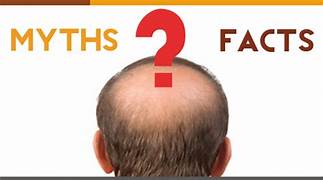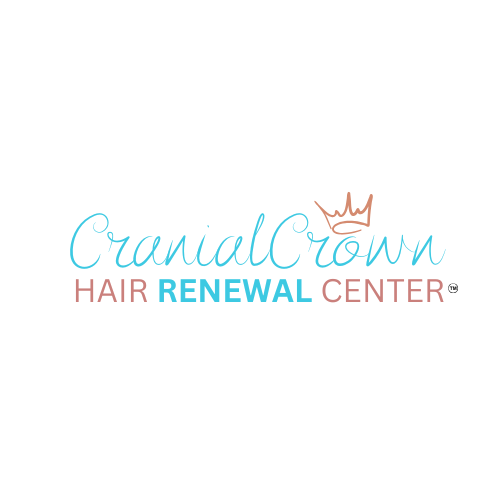Hair loss is a common concern for many people, and with it comes a plethora of myths and misconceptions. In this blog post, we aim to debunk some of the most prevalent hair loss myths and separate fact from fiction. By understanding the truth behind these myths, you can make informed decisions about your hair health. Let's dive in and uncover the truth!
1. Myth: Wearing hats or using hair products causes hair loss.
Fact: Wearing hats or using hair products does not directly cause hair loss. However, excessively tight hats or using harsh chemicals in hair products can damage the hair shaft, leading to breakage. It's important to choose gentle hair products and avoid wearing extremely tight headwear for extended periods to maintain healthy hair.
2. Myth: Only men experience hair loss.
Fact: Hair loss is often associated with men, but it can affect both men and women and even children. Female pattern hair loss is a common condition that results in thinning hair. The causes of hair loss may differ between genders, but it is not exclusive to one sex.
3. Myth: Frequent shampooing causes hair loss.
Fact: Shampooing your hair regularly does not cause hair loss. In fact, keeping your scalp clean and free from excess oil can promote a healthy environment for hair growth. Avoid using harsh shampoos and opt for gentle ones that suit your hair type to maintain a healthy scalp.
4. Myth: Hair loss is solely determined by genetics.
Fact: While genetics can play a role in hair loss, it is not the sole determining factor. Other factors, such as hormonal changes, nutritional deficiencies, medical conditions, and certain medications, can contribute to hair loss. Understanding the underlying cause is crucial in addressing and managing the condition effectively.
5. Myth: Wearing tight hairstyles leads to permanent hair loss.
Fact: Wearing tight hairstyles like ponytails or braids can cause a condition called traction alopecia, which is hair loss due to excessive tension on the hair follicles. However, if detected early and the hairstyle is changed, the hair can regrow. Permanent hair loss from tight hairstyles is rare and usually occurs after years of constant tension.
6. Myth: Hair loss is always a sign of aging.
Fact: While hair loss can be more common as we age, it can happen at any stage of life. Factors like stress, hormonal changes, underlying medical conditions, and certain medications can contribute to hair loss, regardless of age. Consulting a healthcare professional can help determine the cause and appropriate treatment options.
7. Myth: Massaging the scalp can stimulate hair growth.
Fact: While scalp massages can improve blood circulation and promote relaxation, there is no scientific evidence to suggest that it directly stimulates hair growth. However, a healthy scalp environment can contribute to overall hair health, so incorporating scalp massages as part of a comprehensive hair care routine may be beneficial.
8. Myth: Hair loss can be reversed by using over-the-counter products.
Fact: Over-the-counter hair loss products may help slow down hair loss or promote hair growth in some cases, but they do not work for everyone. It is essential to consult with a healthcare professional or a dermatologist to determine the underlying cause of hair loss and explore appropriate treatment options.
9. Myth: Cutting your hair frequently makes it grow faster.
Fact: Hair growth occurs at the root, not at the ends. While regular haircuts can help keep your hair healthy by removing split ends and preventing breakage, it does not affect the rate at which your hair grows from the root. Hair growth is primarily determined by genetics and overall health.
10. Myth: Stress does not contribute to hair loss.
Fact: Excessive stress can contribute to hair loss by disrupting the hair growth cycle. Conditions such as telogen effluvium can occur due to stress, causing hair to enter a resting phase and eventually shed. Managing stress through relaxation techniques, exercise, and seeking support can help minimize its impact on hair health.
Conclusion:
By debunking these hair loss myths, we can separate fact from fiction and make informed decisions about our hair health. Understanding the true causes of hair loss and seeking appropriate guidance from healthcare professionals can help address the issue effectively. Remember, each individual's experience with hair loss may vary, so it's essential to consult with a healthcare professional for personalized advice and treatment options. Embrace your hair journey with knowledge and confidence, knowing that you have the power to make informed choices for your hair health.

